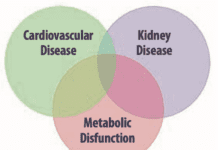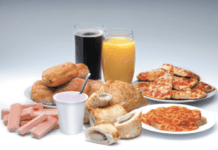Most of us are trying to lose weight, but few Americans have any idea how many calories they should consume. Those are among the findings of the 2010 Food & Health Survey by the International Food Information Council. Concerns about weight were the prime driver of food choices for 65% of respondents, and 70% are worried about how much they weigh. Only 17%, however, could accurately estimate how many calories a person of their age, height, weight and activity level ought to consume. (Do you know? See
| Consumers Confuse Organic with Lower Calorie Just because a food is labeled organic doesnt mean it has fewer calories-but a tendency to over-generalize health claims may lead to that mistaken conclusion, according to University of Michigan researchers. They conducted two studies with college students to test whether people assume that foods produced organically contain fewer calories than their conventional counterparts, despite the fact that the organic designation entails no such claim. In one study, 114 students were shown two nutrition labels for cookies, both clearly marked as containing 160 calories per serving; nonetheless, the cookies labeled made with organic flour and sugar were perceived as having fewer calories. A second study asked 215 students about a story in which a character who wants to lose weight skips exercising. Students were more forgiving if the character then chose an organic dessert than a non-organic dessert-and even more than if she had no dessert. The influence of organic labeling on notions about calories was strongest among those who also otherwise most highly valued organic as an attribute of healthy foods. |
TO LEARN MORE: Judgment and Decision Making journal.sjdm.org/10/10509/ jdm10509.pdf























